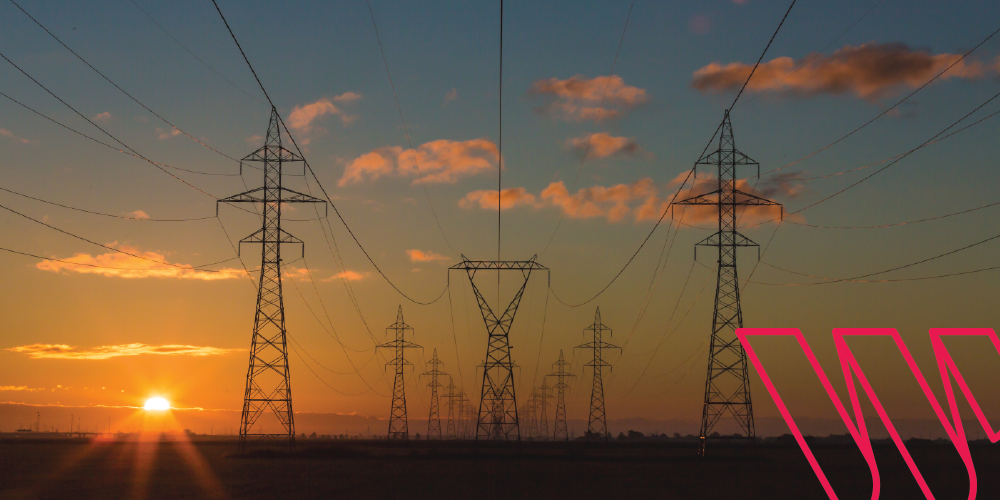A local municipality filed suit and placed a $2 billion electrical transmission project in grave jeopardy. The client had to complete the project in a timely manner in order to meet state-mandated requirements regarding renewable power. In this “must win” situation, the client engaged the Willenken team, leading to a complete victory at both the trial and appellate level, and allowing the client to move forward with the project unhindered by the litigation.
In 2002, the California legislature mandated that electrical utilities must draw at least 20% of their total retail electrical sales from renewable generation sources by 2010, rising to 30% by 2020. In order to meet this mandate, the client, a Fortune 250 investor-owned utility, proposed the construction of the Tehachapi Renewable Transmission Project (TRTP), a 173-mile power transmission line that will transmit electricity produced by renewable power sources to Southern California.
The California Public Utilities Commission (CPUC) approved the project, including a proposal to route the TRTP through the City of Chino Hills (“The City”). The City was unhappy with this proposal and brought suit in the superior court seeking an injunction against routing the TRTP through the City.
Having represented every major investor-owned energy utility in California, the Willenken team well understands the limitations that California law places on suits that contradict a CPUC order. Specifically, Cal. Pub. Util. Code § 1759 removes jurisdiction over such actions from the trial courts and the City’s suit was precisely the type prohibited.
Jason Wilson and Nhan Vu led the Willenken team in bringing a motion for judgment on the pleadings which sought dismissal of the entire action based upon section 1759. The trial court granted the motion and dismissed the entire action. The City appealed this decision and Willenken was engaged to handle the appeal. The Court of Appeal affirmed the trial court’s ruling based upon section 1759.

